According to a Federal Reserve Bank of New Your report, the public’s predictions for near-term inflation were relatively stable in January, while survey participants also indicated that their spending plans would soften in the future.
According to the bank’s most recent survey of consumer expectations, which was released on Monday, the projected level of inflation for five years from now increased from 2.7% to 3% in December. While the predicted level of inflation at the one-year and three-year horizons remained at 3% last month. In January the public’s predictions for home price expectations increased to 3.2% from December 3.1%, while they also predicted higher future price increases for food, fuel, rent, college, and medical expenses
New York Federal Reserve’s Survey: In January, this survey found that people’s expectations for future inflation stayed mostly stable. This means that, on average, consumers did not expect significant changes in the rate of price increases soon.
University of Michigan’s Survey: A recent survey from the University of Michigan shows that the anticipated inflation rate for the next year surged from 3.3% in January to 4.3% in February. This indicates that consumers became more anxious about rising prices during that timeframe
The New York Federal data was collected throughout January, while the University of Michigan survey continued into early February. This difference in timing may account for the range of results, as consumer opinions can change in response to new economic information or events.
Overall Inflation Trends and Future Uncertainty: Predictions for future inflation have remained fairly stable, and overall inflation rates have been slowly declining, However, there is still considerable uncertainty regarding what lies ahead.
Potential Impact of Government Policies: President Donald Trump’s economic plans include implementing strong trade tariffs, or charges on imported goods, and the deportation of undocumented and illegal immigrants. Many economists worker believe these plans may lead to higher inflation in the future, but they’re not sure about the exact impact.
Federal Reserve officials think what people expect from inflation will slightly change the actual price. If consumers and businesses expect’s higher inflation, they may act in ways that contribute to rising prices if they expect inflation to increase around 2%.
The Cleveland Fed said in a separate survey on Monday that top business executives expected a lower inflation rate in the upcoming year in the first quarter, with the consumer price index predicted to fall to 3.2% from 3.8% in the final quarter of 2024.
In January, a survey gathered data from the families regarding their future spending plans. They said they expect to increase their spending by 4.4% from December’s 4.8%. While this marks the lowest increase since January 2021, it remains higher than before the COVID-19 pandemic started.
Last month, people felt their financial circumstances were worse last month than they were in December. They feel better about taking out loans or using credit cards. However, they believed it would be easier to borrow money if necessary.




